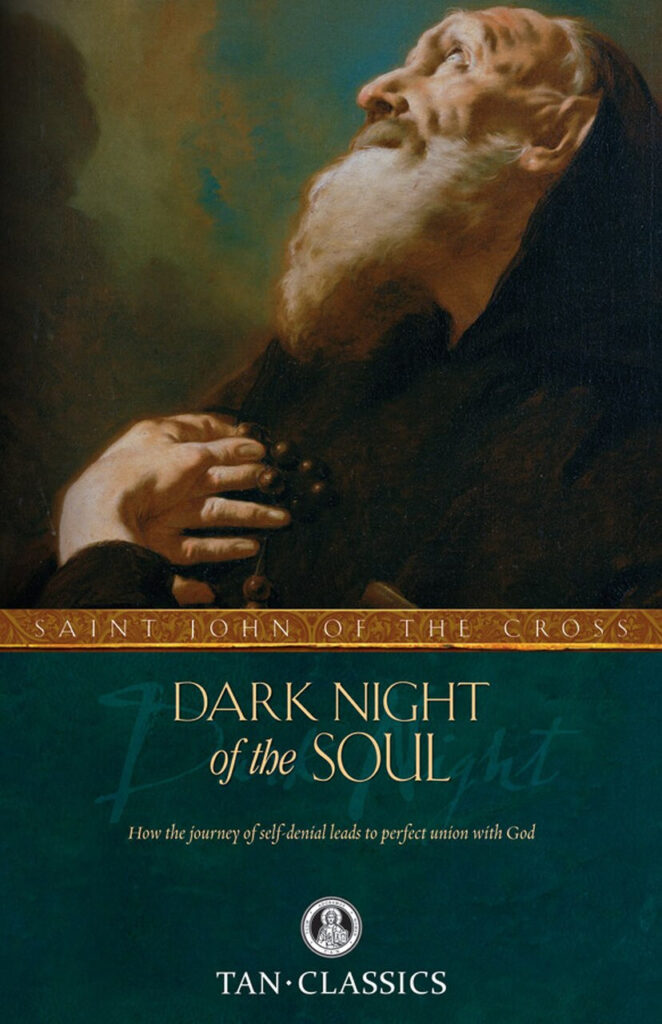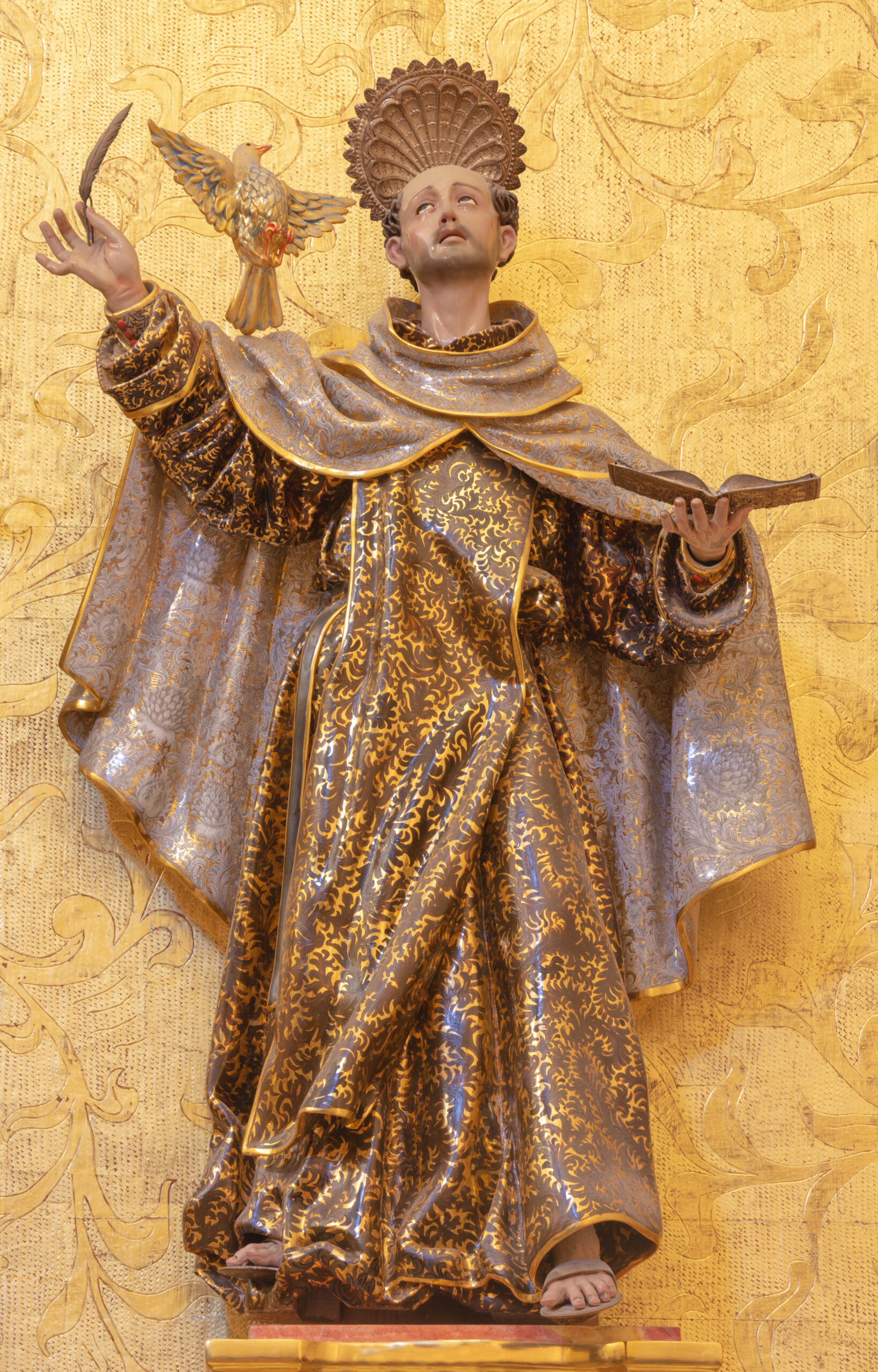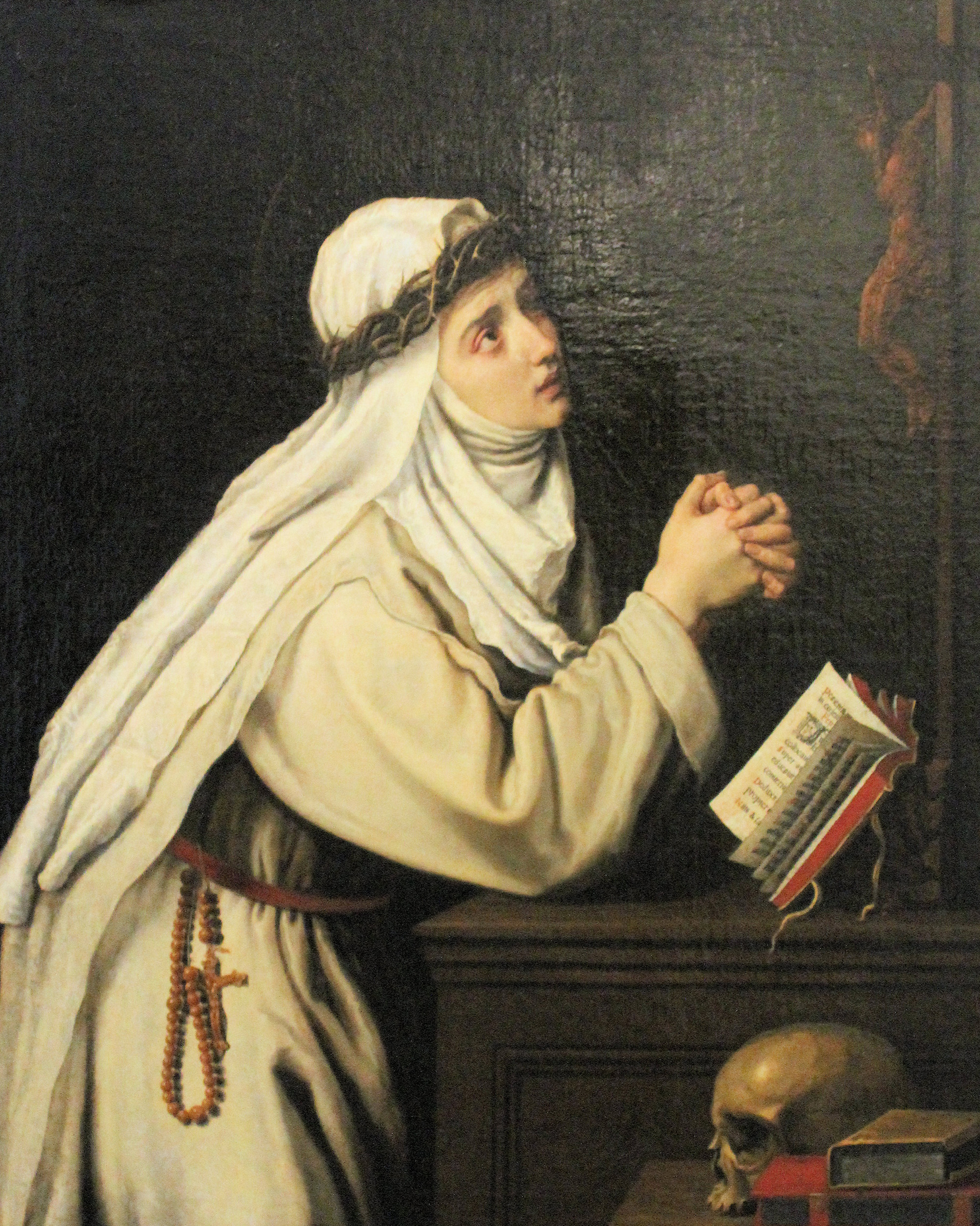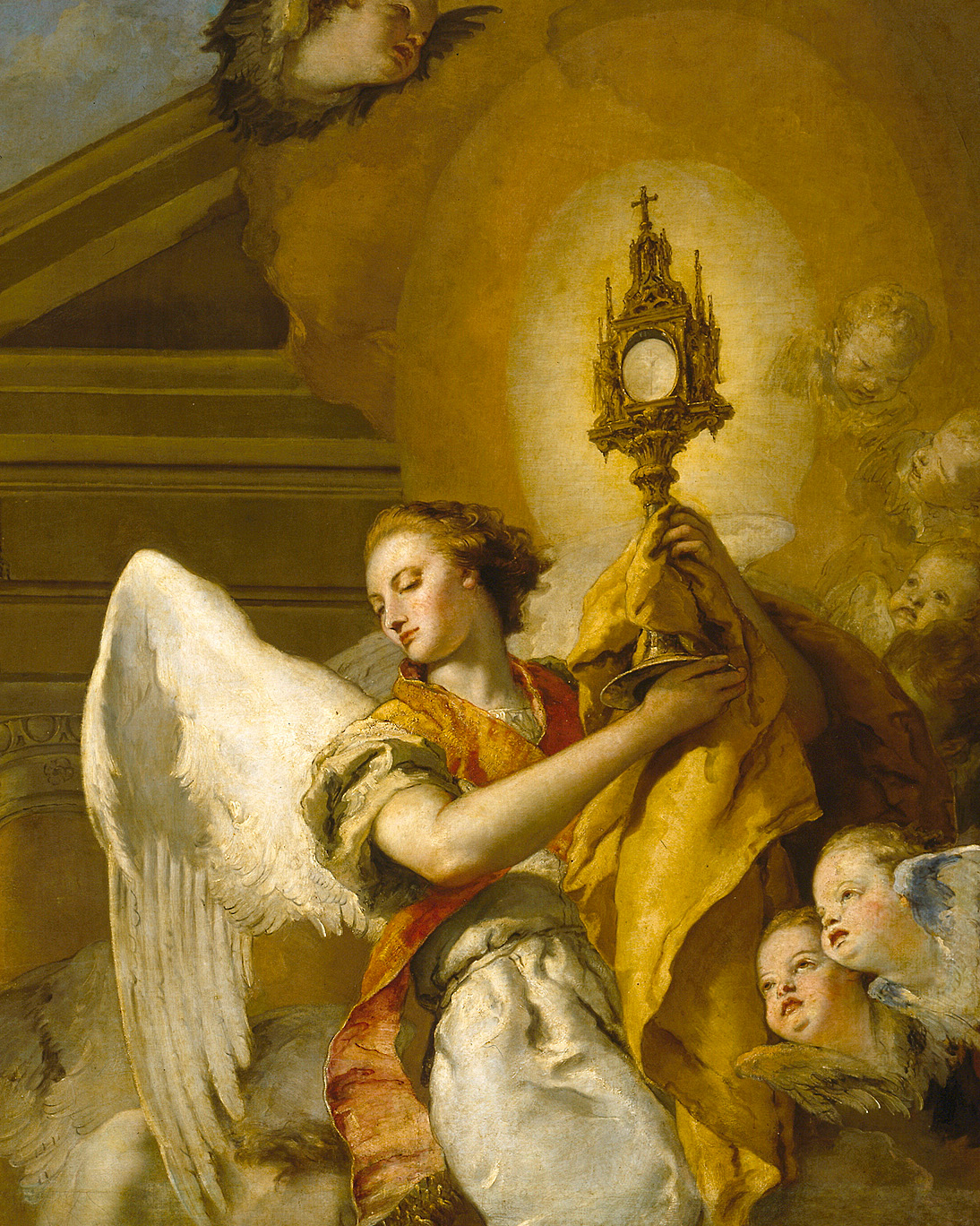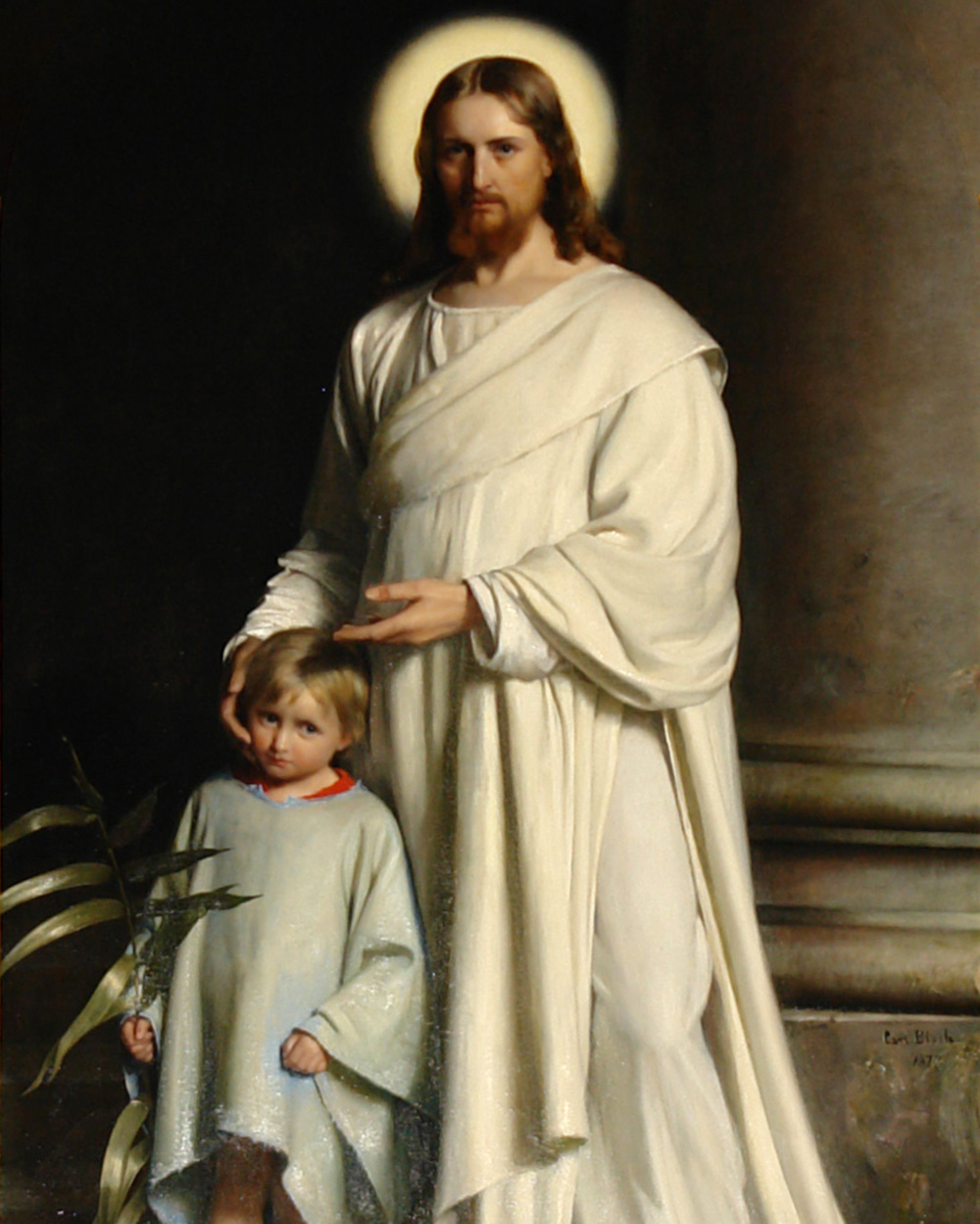The burning fire of love, in general, is not felt at first, for it has not begun to burn, either because of our natural impurity, or because the soul, not understanding its own state, has not given it, as I have said, a peaceful rest within. Sometimes, however, whether it be so or not, a certain longing after God begins to be felt; and the more it grows, the more the soul feels itself touched and inflamed with the love of God, without knowing or understanding how or whence that love comes, except that at times this burning so inflames it that it longs earnestly after God. David in this night says of himself, “My heart is inflamed, and my reins are changed, and I am brought to nothing, and knew not.”That is, “my heart hath been inflamed” in the love of contemplation; “my reins,” that is, my affections also, have been changed from the sensual to the spiritual way by this holy dryness, and in my denial of them, and “I am brought to nothing, and I knew not.” The soul, as I have just said, not knowing the way it goeth, sees itself brought to nothing as to all things of heaven and earth, wherein it delighted before, and on fire with love, not knowing how.
And because occasionally this fire of love grows in the spirit greatly, the longings of the soul for God are so deep that the very bones seem to dry up in that thirst, the bodily health to wither, the natural warmth and energies to perish in the intensity of that thirst of love. The soul feels it to be a living thirst. So was it with David when he said, “My soul hath thirsted after God, the living.”It is as if he had said, the thirst of my soul is a living thirst. We may say of this thirst, that, being a living thirst, it kills. Though it should be noted thatthis thirst is not continuously, but only occasionally, violent, nevertheless it is always felt in some degree.
I commenced by observing that this love, in general, is not felt at first, but only the dryness and emptiness of which I am speaking; and then, instead of love, which is afterwards enkindled, what the soul feels in the dryness and the emptiness of its faculties is a general painful anxiety about God, and a certain painful misgiving that it is not serving Him. But a soul anxious and afflicted for His sake is a sacrifice not a little pleasing unto God. Secret contemplation keeps the soul in this state of anxiety, until, in the course of time, having purged the sensual nature of man, in some degree, of its natural forces and affections by means of the aridities it occasions, it shall have kindled within it this divine love. But in the meantime, like a sick man in the hands of his physician, all it has to do, in the dark night and dry purgation of the desire, is to suffer, healing its many imperfections and practising many virtues, that it may become meet for the divine love.
When God establishes the soul in the dark night of sense, that He may purify, prepare, and subdue its lower nature, and unite it to the spirit, by depriving it of light, and causing it to cease from meditation—as He afterwards establishes it also in the spiritual night, that He may purify the spirit, and prepare it for union with Himself—the soul makes a gain so great, though it does not think so, that it looks upon it as great happiness to have escaped from the bondage of the senses of its lower nature in that happy night, and therefore it sings—”O happy lot!”
This article is taken from a chapter in Dark Night of the Soul by St. John of the Cross, which is available from TAN Books.
